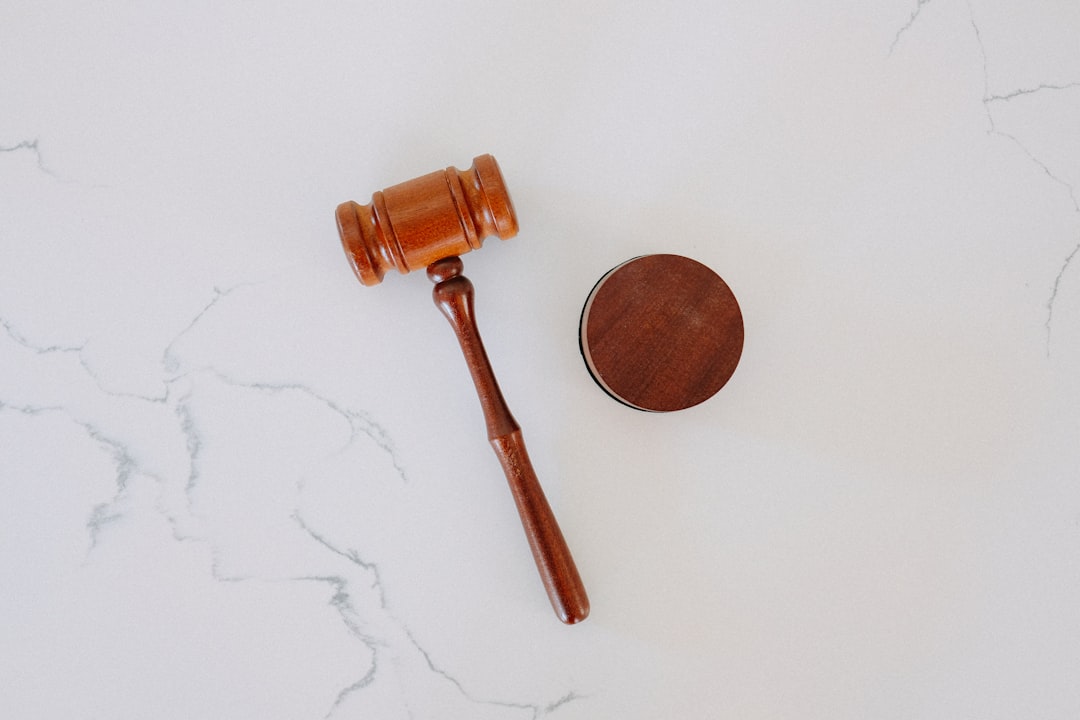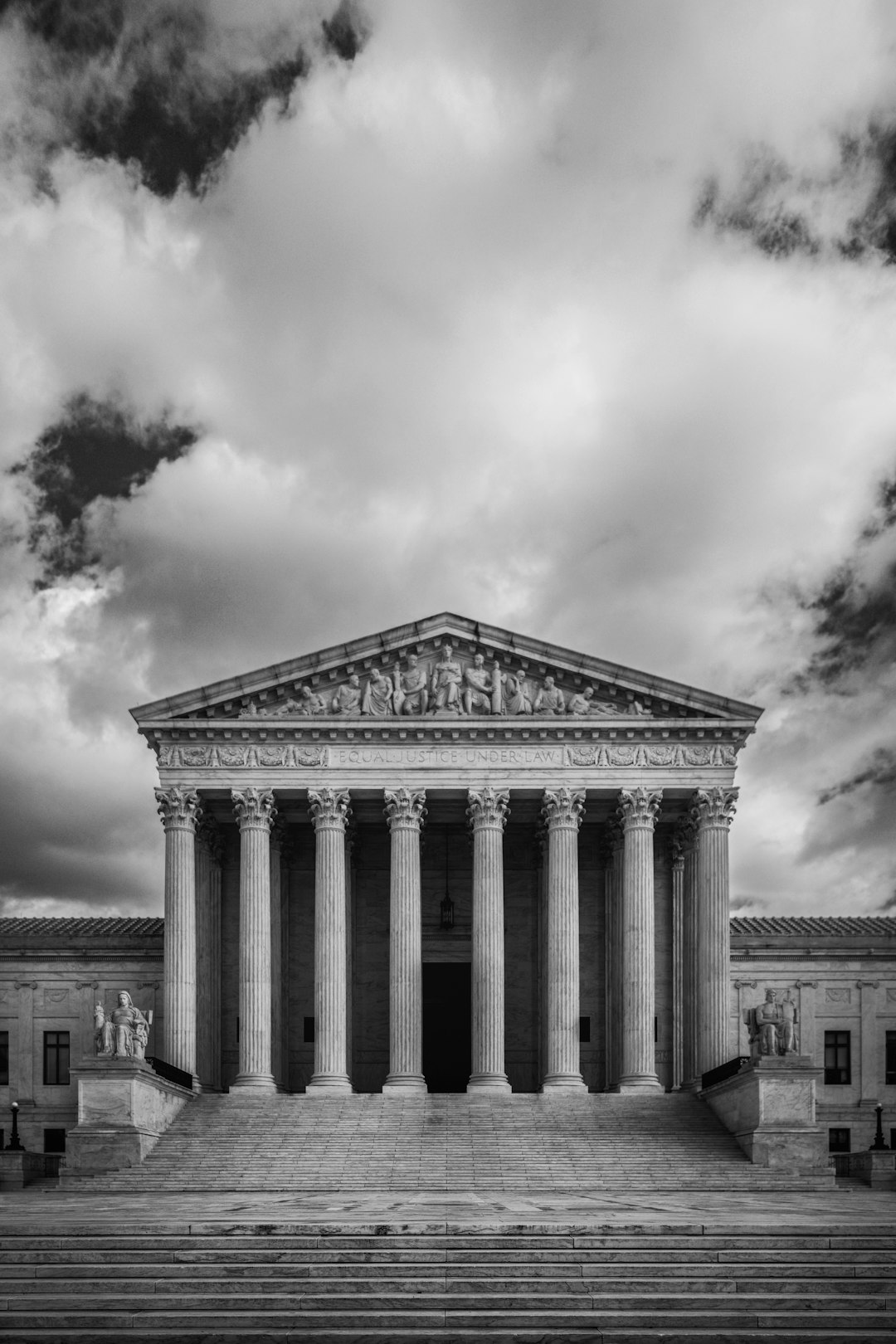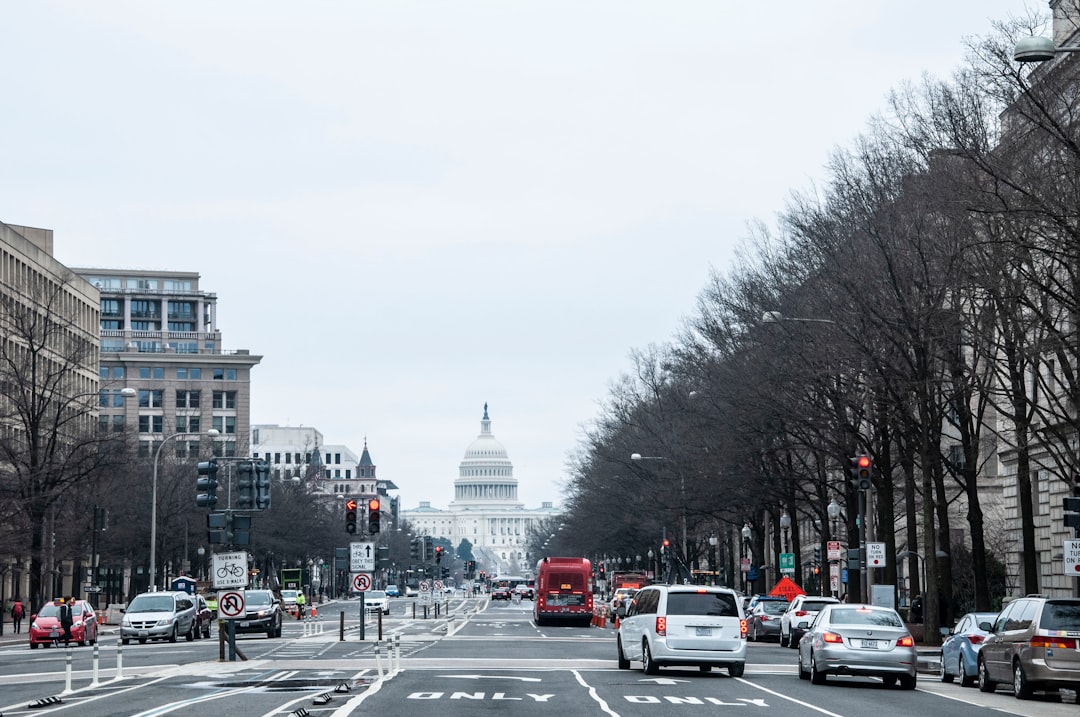Washington state's sexual abuse law firms play a crucial role in addressing nonconsensual AI-generated explicit content, with laws protecting individuals from intimate image distribution (revenge porn) and unauthorized visual depictions of sex. As AI technology advances, these firms adapt to combat digital sexual exploitation, collaborating with law enforcement and tech companies to trace and remove harmful material, offering specialized assistance to victims through cyberlaw and criminal defense expertise.
“In the digital age, Washington state is grappling with the emerging challenge of nonconsensual AI-generated explicit content. This article delves into the intricate web of Washington’s sexual abuse laws and their application in combating digital sexual exploitation. We explore how these laws perceive AI-created material, examining the legal implications for creators and users alike. Furthermore, we highlight the pivotal role that sexual abuse law firms in Washington are playing in this fight, leveraging their expertise to navigate this labyrinthine issue.”
Understanding Washington's Sexual Abuse Laws
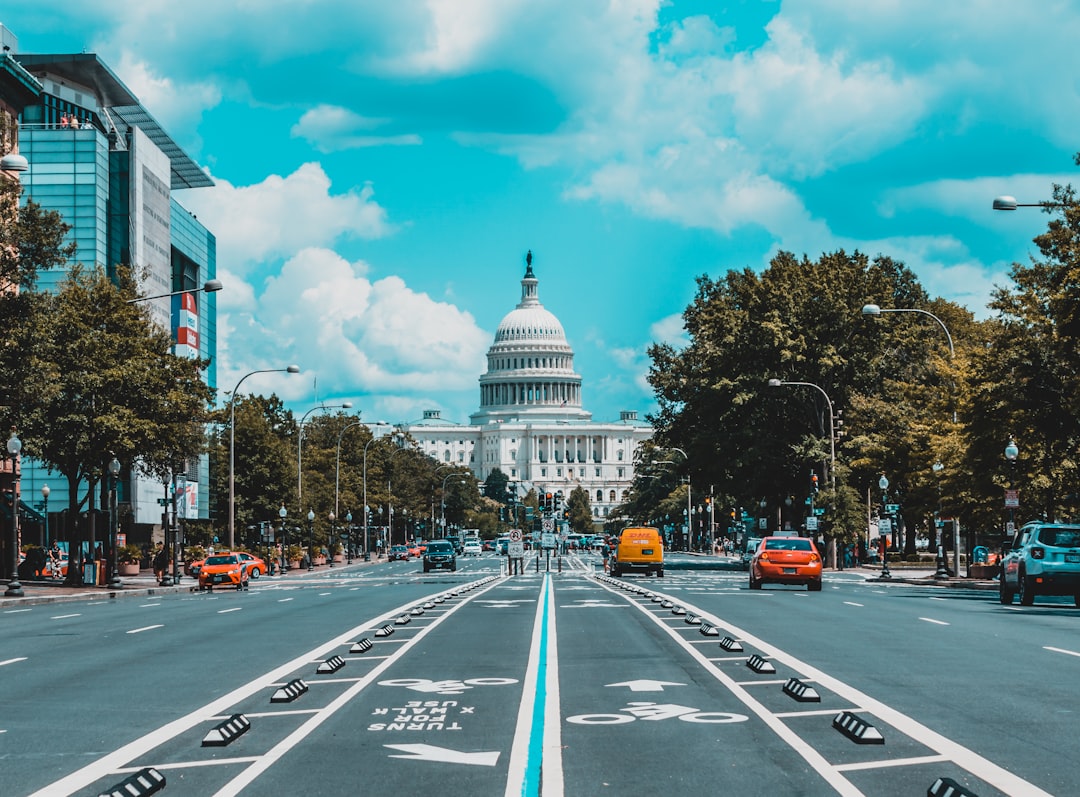
In Washington state, understanding the sexual abuse laws is crucial for recognizing and addressing issues related to nonconsensual AI-generated explicit content. The state’s sexual abuse legislation is designed to protect individuals from various forms of sexual exploitation and assault. These laws cover a wide range of activities, including unauthorized distribution or sharing of intimate images, also known as “revenge porn,” and the creation or dissemination of any visual depiction of sexual activity without consent.
Washington’s sexual abuse laws are enforced by law enforcement agencies and prosecuted by the state’s attorney general or local prosecutors. Victims of nonconsensual AI-generated explicit content can seek legal assistance from reputable sexual abuse law firms in Washington to understand their rights and available remedies. These legal professionals can guide victims through the complex legal system, ensuring they receive justice and protection against further harm.
Nonconsensual AI Content: Legal Implications
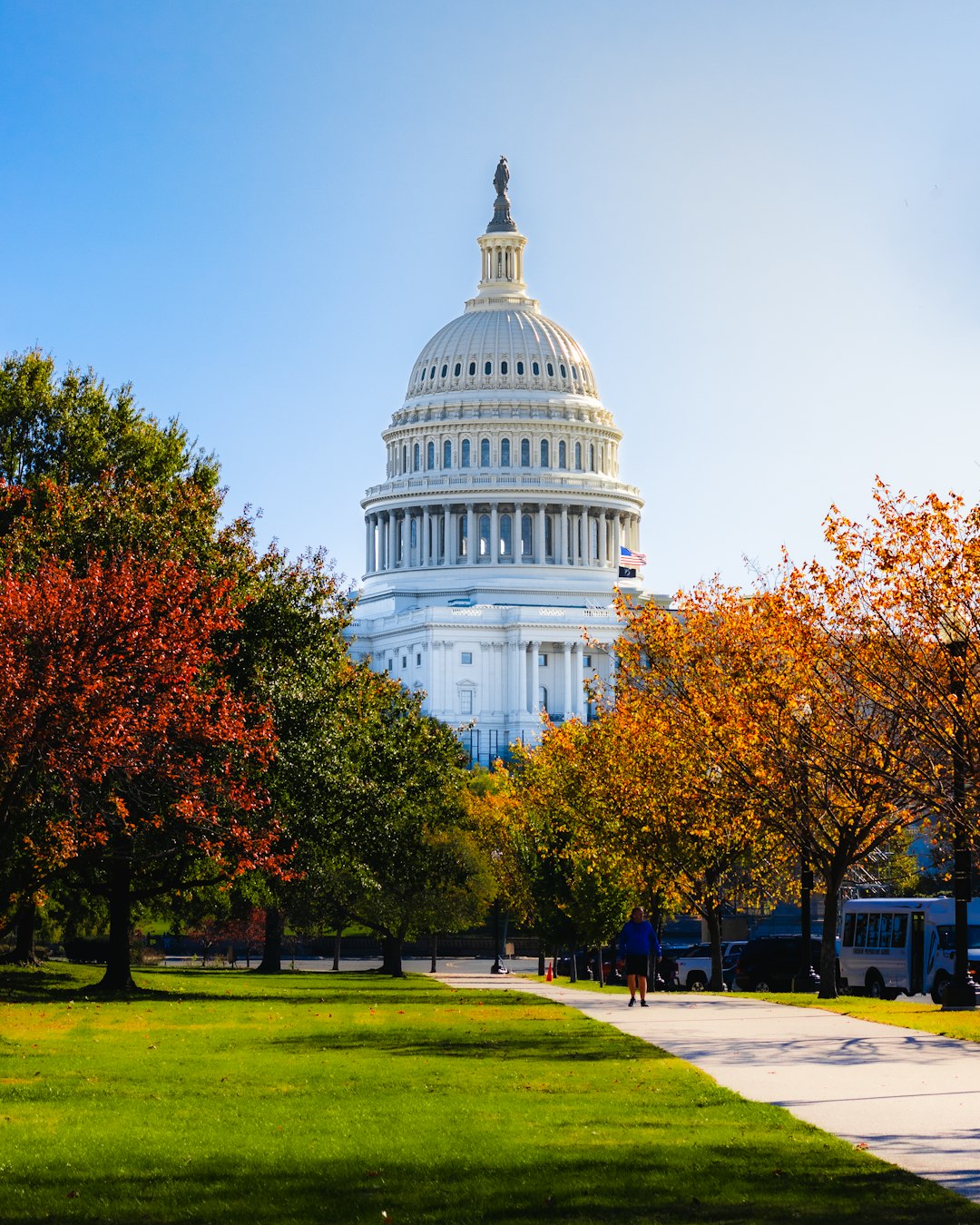
In recent years, the rise of artificial intelligence (AI) has sparked debates and legal challenges regarding nonconsensual AI-generated explicit content. This issue is particularly concerning in states like Washington, where sexual abuse law firms have witnessed an increase in cases related to AI-created pornography. The legal implications are profound, as such content can infringe upon individuals’ privacy, consent, and even contribute to the exploitation of victims of sexual crimes.
Washington state has been proactive in addressing these concerns by implementing laws that protect against nonconsensual distribution of intimate images. However, with AI’s ability to generate realistic yet fabricated content, law enforcement and legal professionals face new challenges. Sexual abuse law firms in Washington must adapt to this evolving landscape, staying abreast of technological advancements and legislative changes to ensure effective representation for victims and to combat the spread of such exploitative material.
Role of Law Firms in Fighting Digital Sexual Exploitation

Law firms play a pivotal role in combating digital sexual exploitation and supporting survivors of nonconsensual AI-generated explicit content. In Washington, where sexual abuse laws are stringent, legal professionals are at the forefront of this battle. These firms specialize in cyberlaw and criminal defense, equipped with expertise to navigate complex digital landscapes. They work tirelessly to ensure that perpetrators face justice, utilizing advanced technologies and legal strategies to trace and remove such harmful content.
By collaborating with law enforcement agencies and tech companies, sexual abuse law firms in Washington enhance efforts to combat online sexual exploitation. Their knowledge of state-specific legislation empowers them to provide specialized assistance to victims, offering guidance on reporting, privacy protection, and potential legal remedies. Through proactive measures and advocacy, these firms contribute significantly to creating a safer digital environment for all Washington residents.

